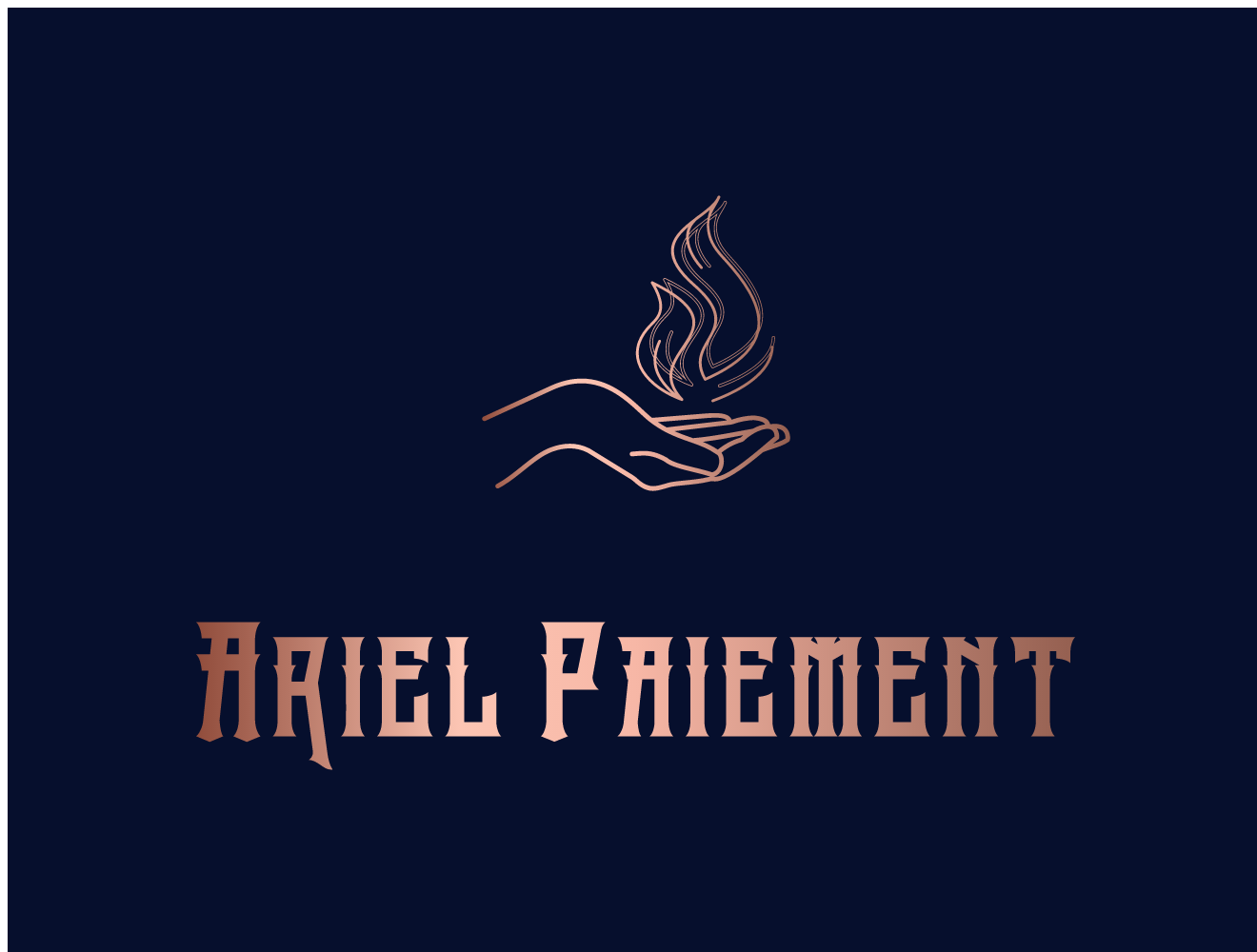Introduction
Recently, it struck me that one of the reasons I rarely find anything to challenge my mind in indie fantasy (and even in many traditional fantasy pieces) is that the authors do not often intentionally use worldview and philosophy in writing their books. They generally tell a good story, but it doesn’t challenge me to think or to consider a different perspective on anything in particular. While the occasional mindless read can be stress-relieving, turning one’s brain off isn’t the purpose of reading, in my opinion. I’d watch TV if I wanted that. So how can we ensure we’re including philosophy and worldview in our writing in a balanced way? We’re going to go over that here.
What Do I Mean by Philosophy and Worldview in Writing?
When I say philosophy or worldview in respect to writing, I mean the unique set of beliefs and the outlook on life you possess. These may come out subtly, but in fantasy, it’s easy to become so divorced from reality that we don’t concretely ground our work in the world around us and in our own unique take on that world. We then lose even the smaller ways that those views may come to light. But when we fail to give to our work the underpinnings of reality, philosophy, and worldview, things tend not to resonate as well with readers.
In the Interest of Honesty With Philosophy in Writing
When dealing with worldview or philosophy in writing–particularly in fantasy–we have to be careful to keep ourselves honest and transparent. This doesn’t mean that we hit the reader over the head with our point of view, but it does mean that we have nothing to hide and are not trying to use our words to in some way trick the reader into agreeing with us when they would not otherwise do so. We’re not propagandists; we are authors looking to tell a good story that also imparts some truth or viewpoint that might not otherwise be as well received outside of a story context. (Or even truths that are. There are many reasons to include even basic truths in our work, particularly if we’re writing books that are meant to teach good values to a younger audience.)
This transparency and honest might come in the form of an author’s note at the beginning if the purpose or inspiration directly relates to real world issues, your philosophy, and your worldview. But it could be more subtle in that the worldview may simply manifest in an easily seen theme or element that acts as an undercurrent to the entire story. There are many ways to handle this area, but the goal should be honesty and transparency. Present your viewpoint and let the reader decide what to accept or reject, whether your viewpoint or another you have also represented that may not agree with your own. It is particularly crucial we do this when writing for younger audiences who are highly impressionable and may not always be able to pick up on worldviews if they are not clearly presented. Whatever your audience, fantasy is still fantasy. We’re looking to tell a good story at the end of the day, and adding in worldview is part of that goal. We aren’t interested in sacrificing the story for the sake of creating a soapbox out of it to preach against whichever philosophies we dislike or for those we do like.
Avoiding Heavy-Handedness Using Philosophy and Worldview
One thing I know many authors I’ve spoken to struggle with is how to include philosophy and worldview without hitting the reader over the head or becoming preachy with it. There’s no one right way to handle this area in order to avoid the pitfalls. However, i have found a few that work well for me or that I have observed used to great effect by others.
Philosophy in Theme
This method is one that I frequently utilize. Each book I write has one or two concepts (occasionally more for longer works) that provide the underlying theme of the book.
For example, Trader Prince of Aleshtain’s theme is mostly living for what’s right in the face of persecution and the struggle to decide whether it’s right to leave a place bent on destroying you for doing the moral thing. Bane of Ashkarith focused on the theme of truth, its worht, and the ways that people can take objective truth and twist it or subvert it until it is considered a lie. In Darkness Lost focused on how we handle suffering. My short story for Glimpses focused on submission to show readers the strength that can be found in a person who chooses to submit to another’s authority while still retaining the capacity to think critically.
All of the themes have a great deal of variety, but each fits neatly with the story showcasing it. Theme is one of those pieces of a story that should develop naturally from the plot and your worldview intersecting. This, rather than weakening the story with poor attempts at philosophizing through the story, strengthens and deepens it because it is a natural result of story and worldview instead of being forced.
Philosophy in Allegory
Allegory is often considered a device used only in religious fiction. While this is often one of the largest uses for it, the technique can be used to convey any sort of idea or philosophy through story so long as one or more elements intentionally and clearly represent their real world equivalents. I haven’t employed this technique as often, though I suppose some might say my Eclesian Chronicles series has allegorical elements when you get into books two and three. But for a better example, you’ve got C.S Lewis’s Chronicles of Narnia or something like Idi and the Oracle’s Quest by T.N. Traynor (see the review I did for that here.)
Philosophy in Individual Elements
And the last major way to achieve our goal is to include elements of the philosophy directly and intentionally where the story allows. If you’re making a social commentary, for example, on poverty and caste, you might weave both into the story to great effect by simply doing it directly. If you’re trying to illustrate the destructiveness of certain habits or beliefs, having characters and/or societies who have these beliefs or habits and discover their destructiveness can also be extremely effective. You get the idea. Every story, particularly in speculative fiction, varies in the degree to which you can employ this technique, so use discretion in how much you use it and where.
Conclusion
Worldview is a vital part of writing. We can’t escape it as readers or as writers, nor should we try. More and more, we see that today’s fantasy is particularly shallow in this area, but we don’t have to contribute to that trend. Let’s start utilizing worldview and encouraging our readers to engage mentally with our works even as they enjoy a good story.










